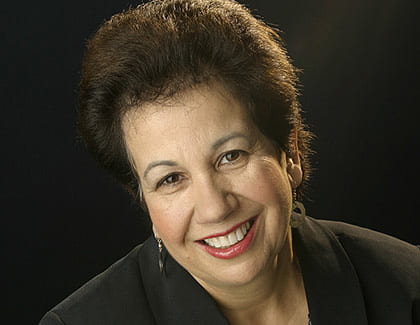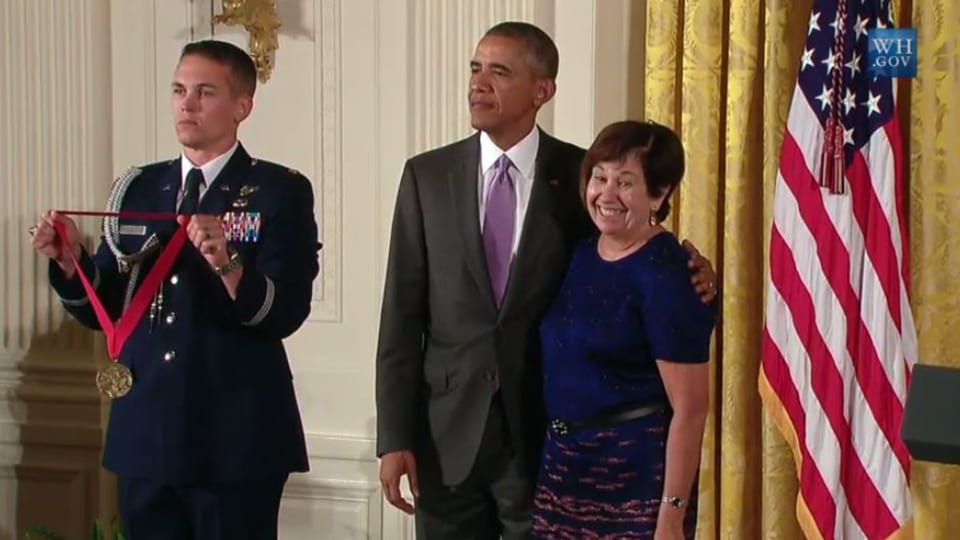Preserving the past
Vicki Ruiz, new chair of history, collects and shares stories of Latinas in America

Growing up, Vicki Ruiz loved hearing stories her mother and grandmother told her about their childhoods, the kind of stories she never found in history books. Today, Ruiz – newly appointed chair of the history department – is writing her own history books about Latinas who have long been overlooked by researchers. Her latest, and most ambitious project, is a three-volume work she co-edited called Latinas in the United States: A Historical Encyclopedia.
“We didn’t want this to be a dry encyclopedia,” Ruiz says. “We wanted to show what these women’s lives were like in their historical moment. It’s not a who’s who.”
The encyclopedia includes stories of more than 500 Latinas from the 1500s to the present. Ruiz and co-author Virginia Sánchez Korrol, history professor in Puerto Rican and Latino studies at Brooklyn College, spent eight years editing their nearly 1,000-page encyclopedia; it features entries by more than 230 writers, including UCI faculty and grad students. Ruiz contributed 26 of the stories.
“I wanted these women to reveal themselves in their own words and on their own terms, whether through a letter, a court case, diary or interview,” she says.
The entries read like short stories. Among the local Latinas profiled are Los Tomboys, the “league of their own” 1947 softball champs from Orange County, and Maria Elena Avila, present-day owner of Avila’s El Ranchito restaurant in Costa Mesa (she and her brothers own nine other restaurants in the Southern California chain, which was started by their parents in 1966).
“People who heard about the project would e-mail or call us and say, ‘You have to talk to my grandmother.’”
In her own life, Ruiz has been breaking down barriers for Latinas. She’s the first Latina to serve as president of the Organization of American Historians and was recently elected the first Latina president of the American Studies Association. In April, she was the first Latina elected a Fellow of the Society of American Historians, which promotes excellence in historical writing.
Ruiz is gratified others are beginning to appreciate Latinos’ stories.
“When I started 25 years ago, there were only a handful of scholars in Latino history. Now there are about 35,” she says. “It’s terrific to see how the field has blossomed.”


